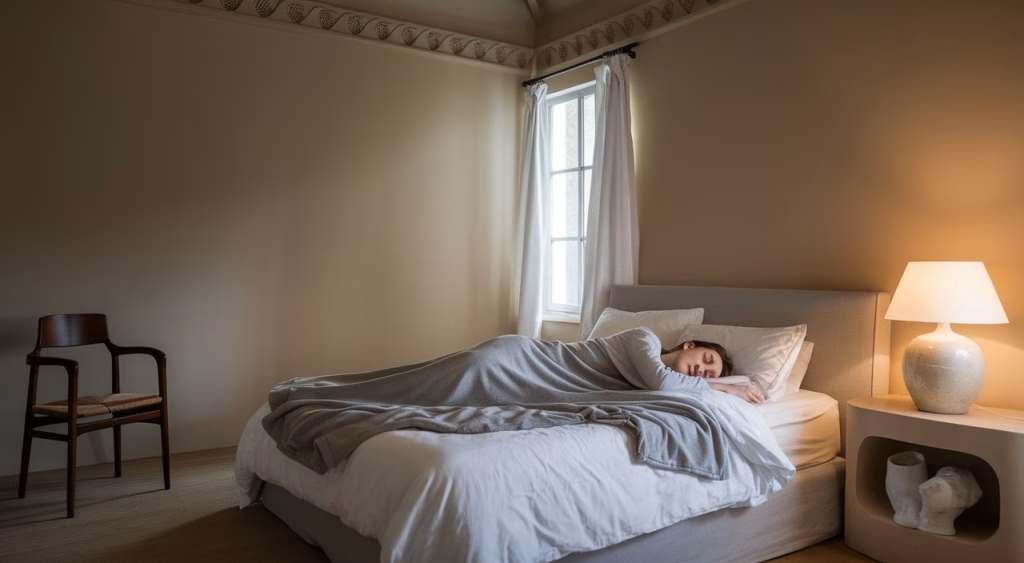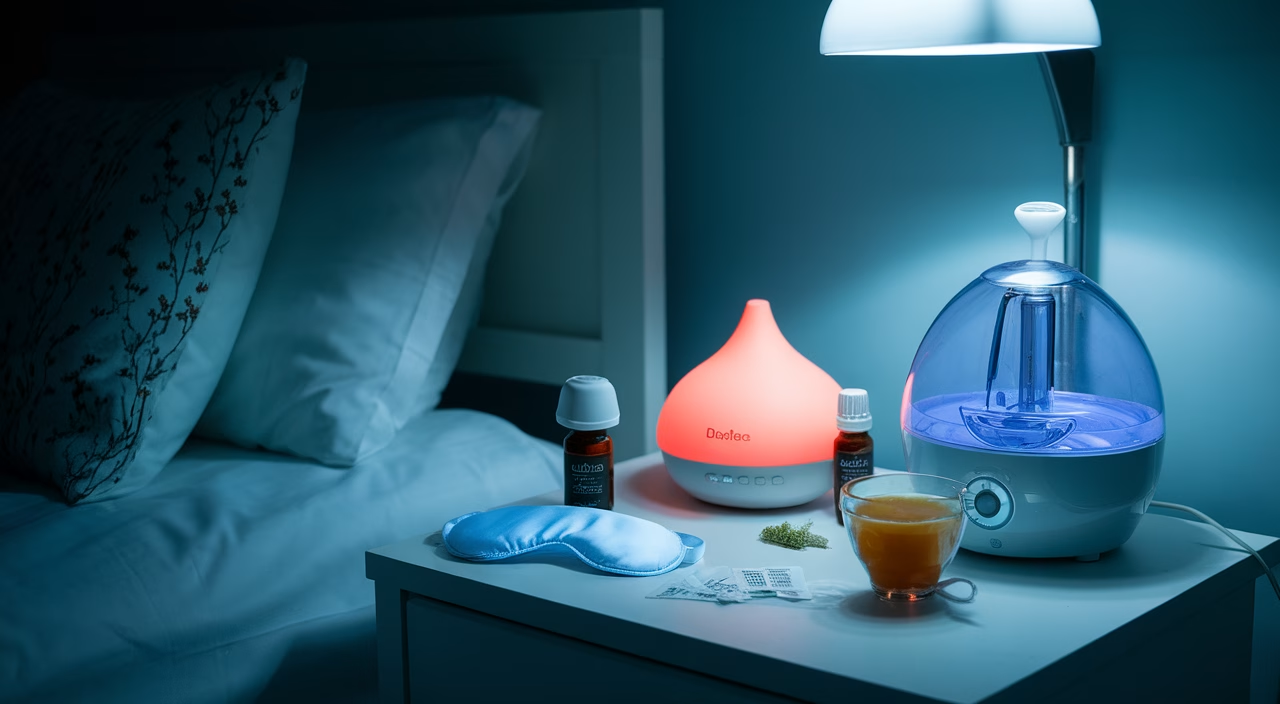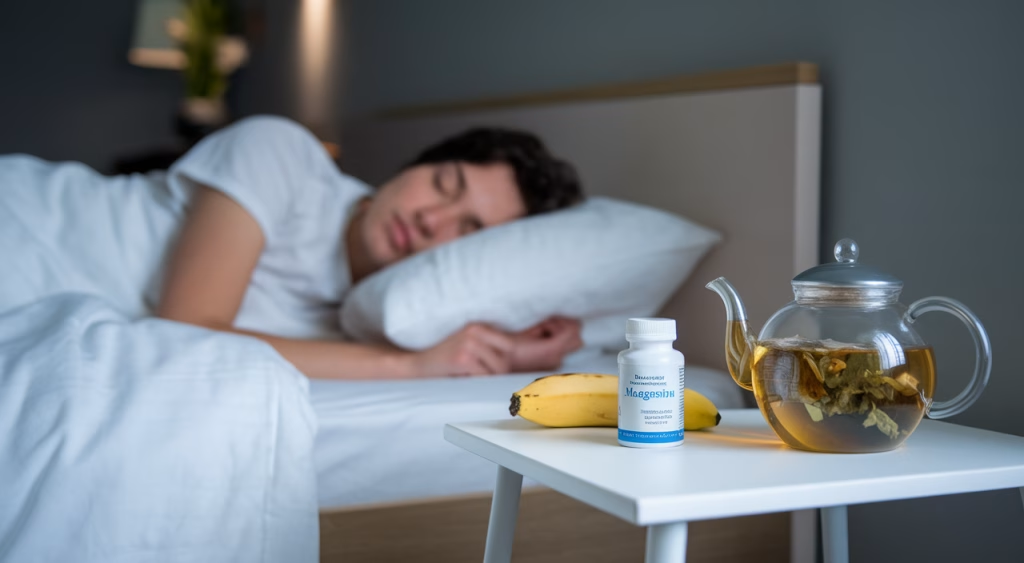How can I stop snoring naturally and sleep better?
To stop snoring naturally, focus on a combination of lifestyle changes, home remedies, and preventive techniques. Address root causes like sleep position, weight, allergies, and airway obstruction. Natural methods such as improving sleep hygiene, using essential oils, or incorporating herbal remedies can make a big difference—many of which are sleep doctor-approved and easy to use from home.
- Stop snoring naturally with expert-tested techniques
- Actionable snoring remedies you can try tonight
- Guided advice from a board-certified ENT/sleep specialist
- Learn how essential oils and herbs can support clearer airways
- Explore lifestyle tips to reduce snoring naturally at home
Introduction to Snoring Issues
Snoring isn’t just about annoying bedroom noise—it’s often a red flag for disrupted breathing during sleep. Millions of people underestimate its impact on sleep quality, daytime fatigue, and even relationship harmony. As an ENT and sleep specialist, I’ve seen firsthand how small changes can lead to big improvements in snoring and overall sleep well-being.
In this guide, we’ll dive into what causes snoring, how it affects your health, and most importantly, practical and natural strategies to address it. If you believe surgery or expensive devices are your only options, you’ll be glad to discover the opposite is true.
Understanding the Causes of Snoring
To effectively stop snoring, it’s crucial to understand what’s triggering it. Snoring occurs when air is partially blocked during sleep, causing the tissues in your throat to vibrate. This obstruction can result from several factors:
- Weight gain, especially around the neck
- Poor sleep posture, like sleeping on your back
- Alcohol or sedative use before bedtime
- Nasal congestion or deviated septum
- Weak muscle tone in the mouth and throat
It’s also worth noting that obstructive sleep apnea (OSA) can present with loud or persistent snoring—this is a condition that may require medical attention. If you wake up gasping, feel extremely fatigued during the day, or your partner notices breathing pauses, consult a doctor.
7 Effective Home Remedies to Stop Snoring
Maintaining Proper Sleep Hygiene
Think of sleep hygiene as your bedroom’s version of self-care. When your sleep environment and nightly routine are optimized, your respiratory system thanks you by staying relaxed and well-positioned. Here’s what you can do:
- Establish regular sleep hours: Go to bed and wake up at the same time daily
- Keep the bedroom air moist: Use a humidifier to avoid throat irritation
- Sleep on your side: Reduces tongue and soft palate collapse
- Elevate your head: Use an extra pillow or a recliner to open airways
Improving sleep hygiene can significantly reduce snoring without any devices or pills.
Essential Oil Therapy for Snoring Relief
Nature has a way of calming the body—and the airways. Essential oils for snoring relief work particularly well because they reduce nasal congestion and enhance airflow. These natural ways to stop snoring are simple to implement:
- Peppermint oil: Clears nasal passages; drop a few drops in hot water and steam inhale
- Eucalyptus oil: Known to break down mucus and soothe irritated airways
- Lavender oil: Promotes deeper, more consistent sleep
Always consult with a healthcare provider if you have allergies or sensitive skin before using oils directly.
Herbal Remedies for Improved Sleep Quality
Some herbs can relax the muscles of the throat, encourage restful sleep, and serve as gentle snoring remedies:
- Chamomile tea: Anti-inflammatory and sedative effects
- Ginger: Stimulates saliva that may ease throat tightness
- Turmeric with milk: Classic antifungal and anti-snoring tonic from Ayurveda
These herbal remedies for snoring relief are best taken as part of an evening wind-down ritual about 30–60 minutes before bedtime.
Lifestyle Changes for Reducing Snoring
Your overall health creates the foundation for better sleep. Making these anti-snoring techniques part of your daily life can dramatically increase oxygen flow and reduce nighttime noise:
- Maintain a healthy weight: Especially critical for those with neck measurements over 16 inches
- Avoid alcohol before bed: Alcohol relaxes throat muscles and worsens snoring
- Hydrate well: Dehydration thickens mucus and narrows airways
- Exercise regularly: Cardio and yoga both help tighten throat muscles
Think of these as daily basics that support your anatomy against snoring’s common culprits and help you reduce snoring naturally at home.
Consulting a Sleep Specialist
If you’ve tried these natural ways to stop snoring and still find issues persisting, it may be time for a professional assessment. Sleep doctors can identify underlying issues like nasal polyps, enlarged tonsils, or sleep disorders.
We may recommend a sleep study to monitor oxygen levels, brain waves, and breathing patterns. From there, diagnostic insights allow for creating personalized treatment plans—which might still include natural support, but refined for your specific anatomy.
Cost Guide: Snoring Remedies in Singapore
| Remedy or Service | Low-End ($) | Mid-Range ($) | High-End ($) |
|---|---|---|---|
| Essential oils (bottle) | 10 | 25 | 45 |
| Herbal teas or supplements | 8 | 18 | 35 |
| Anti-snoring pillows | 30 | 70 | 150 |
| Consultation with sleep specialist | 80 | 150 | 300 |
Frequently Asked Questions
1. Can natural remedies completely stop snoring?
In many mild to moderate cases, yes. Lifestyle adjustments, herbal remedies, and sleep hygiene improvements can meaningfully reduce or prevent snoring.
2. When should I see a sleep specialist for snoring?
If your snoring includes gasping, choking, or pauses in breathing, or you feel exhausted during the day, it’s time to get evaluated for conditions like sleep apnea.
3. Are essential oils safe for snoring treatment?
Generally, yes—when used correctly. Inhalation is usually safe, but topical application should always be diluted. Avoid use if you have respiratory conditions unless advised by a professional.
4. Will weight loss reduce snoring?
Absolutely. Excess weight, especially around the neck, increases airway obstruction. Even 5–10% weight loss can improve snoring in many individuals.
5. Does snoring always indicate a serious medical issue?
No, not always. Occasional snoring isn’t abnormal. However, habitual or loud snoring may hint at deeper issues, including sleep apnea or nasal blockage.
6. What positions stop snoring best?
Sleeping on your side is widely suggested. Elevating your head also helps keep airways open and reduces tissue vibration in the throat.
7. Can hydration really affect snoring?
Yes. Proper hydration keeps the linings in your throat and nose moist—preventing them from becoming sticky and increasing vibration during breathing.





